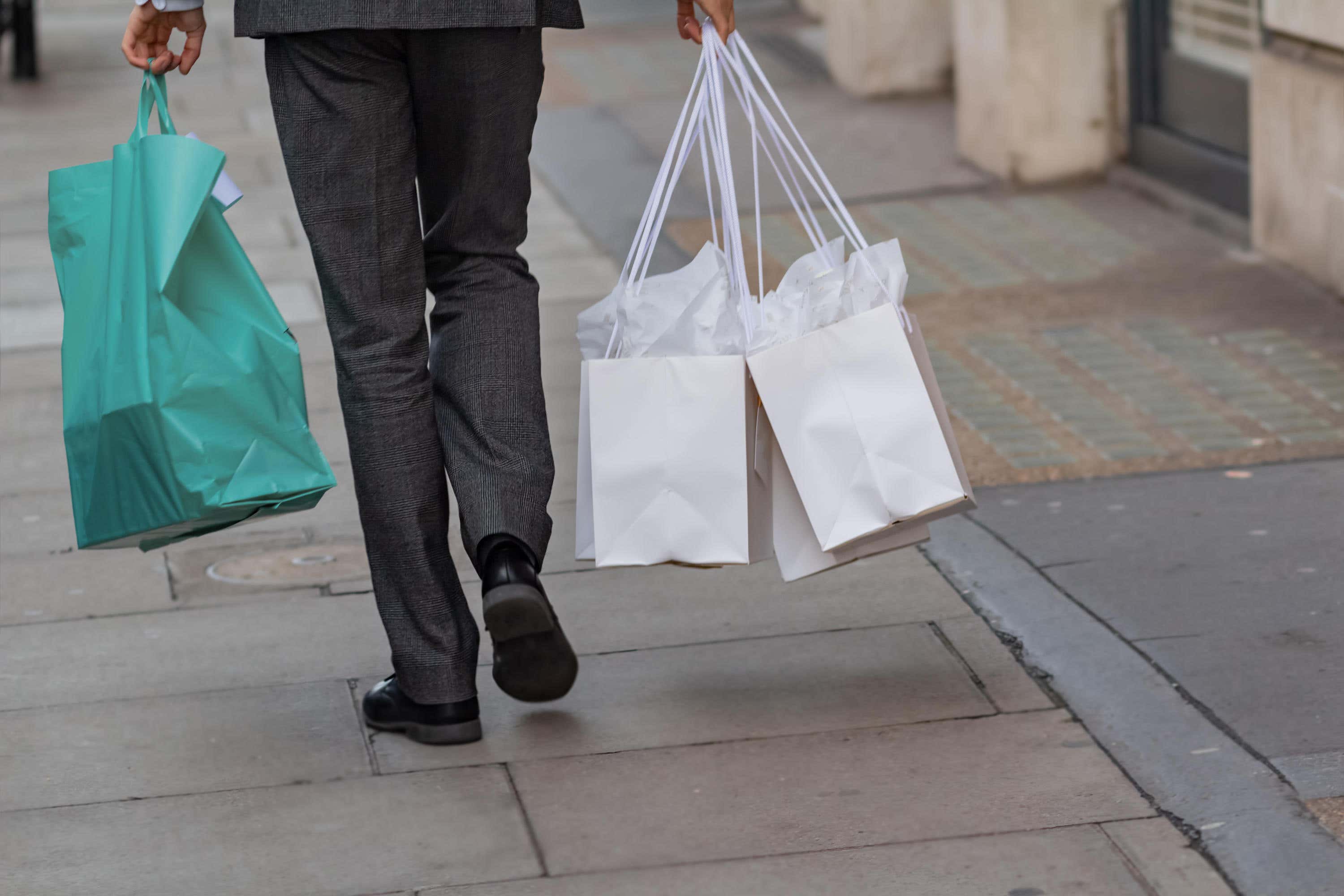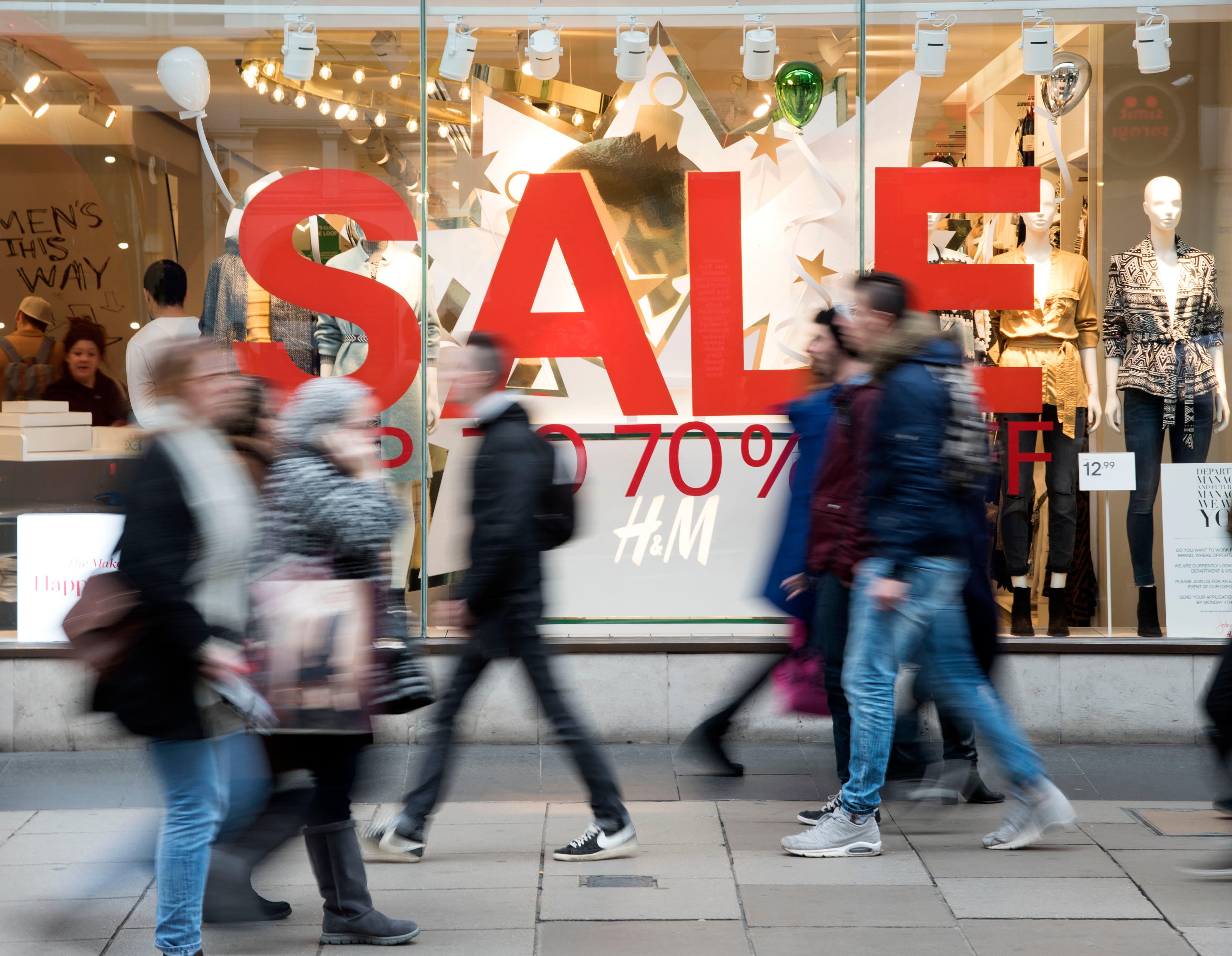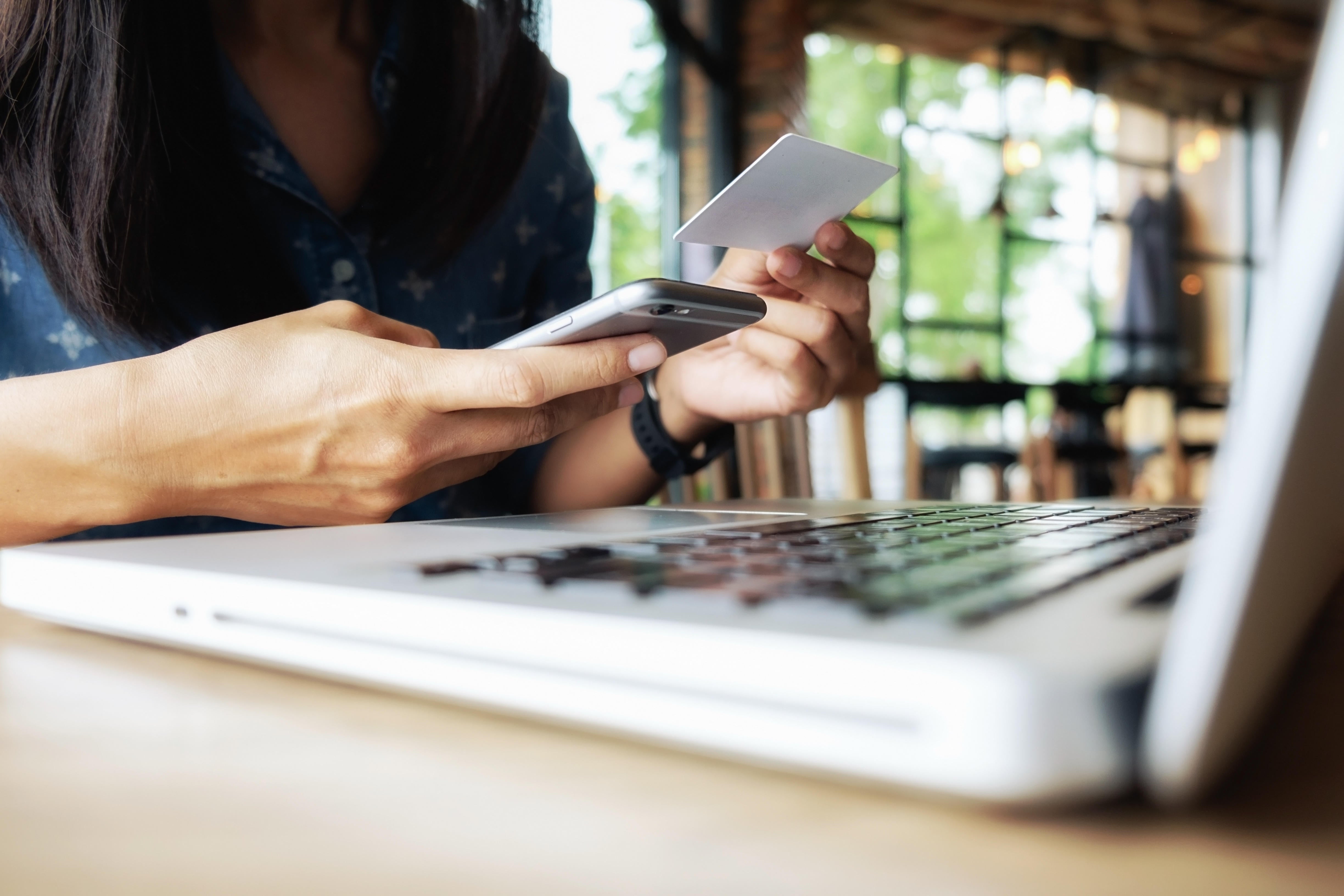How to handle the festive season as a shopping addict – and not end up racking up debt
Here’s how to stop overspending in the lead up to Christmas.

Your support helps us to tell the story
From reproductive rights to climate change to Big Tech, The Independent is on the ground when the story is developing. Whether it's investigating the financials of Elon Musk's pro-Trump PAC or producing our latest documentary, 'The A Word', which shines a light on the American women fighting for reproductive rights, we know how important it is to parse out the facts from the messaging.
At such a critical moment in US history, we need reporters on the ground. Your donation allows us to keep sending journalists to speak to both sides of the story.
The Independent is trusted by Americans across the entire political spectrum. And unlike many other quality news outlets, we choose not to lock Americans out of our reporting and analysis with paywalls. We believe quality journalism should be available to everyone, paid for by those who can afford it.
Your support makes all the difference.The festive period can be a tricky time of year for many reasons, but if you have a particular penchant for clothes, the urge to overspend is near impossible to ignore.
As we’re bombarded with gift guides, limited edition drops and tantalising sales – the pressure to spend is at an all-time high.
So, therapists and financial experts give their advice on how to handle a shopping addiction this Christmas – without racking up debt.
Do you have a shopping addiction?
It’s easy to go on a Black Friday shopping spree and convince yourself you have a shopping addiction – but it’s important to distinguish between harmless holiday excitement and compulsive spending.
A shopping addiction is the compulsion to spend money on superfluous things whether you have the means or not. You should ask yourself whether you’re being secretive about buying goods, impulse buying then not returning goods, or ‘window shopping’ without intent to buy, then doing so anyway.

Compulsive shopping is on the up, and it is believed that compulsive spending affecting 8-16% of the UK population.
With most people now doing their Christmas shopping online, this can make it even harder to resist overspending. “The digital shopping environment, with its low self-regulation, makes it difficult for individuals to control their urges,” says Priory therapist Pamela Roberts. “A recent study highlights how smartphones, in particular, facilitate shopping addiction and lead to debt-related issues as a direct result.”
Practical strategiesto try
When it comes to online shopping, your email inbox is undoubtedly spammed with Cyber Monday deals and Christmas price cuts. Roberts recommends downloading ad-blocked plug-ins for your browser and cancelling email promotion subscriptions.

She also suggests deleting shopping apps and resetting your browser cookies to stop enticing tailored ads.”Unlike physical shopping, there are no limits to online shopping – the choice is endless, there are no time restrictions and transactions are anonymous,” she explains.
“This creates a perceived psychological ‘distance’ between consumers and sellers, especially where monetary transactions are concerned. Combined, studies have shown how this makes for a far more complex decision-making environment for consumers.”
How to handle over-shopping for friends and family
Setting boundaries that are mutually agreed on between all recipients is crucial to stop guilt and accidental over-spending.

“Pitch things like Secret Santa to your family, which means each person has to buy just one gift instead of several; avoiding the last-minute temptation to throw money at relatives you may not know well enough to be thoughtful,” says co-host of the Spendology podcast, Vix Leyton.
How to stick to a budget
Your Christmas shopping plan may just be a list of names with gift ideas tagged alongside them. If this is the case, a crucial piece missing is a price point.
“Budgeting is important for planning festive spending, regardless of whether you have a shopping addiction. Setting limits allows you to buy and gift safely without a financial hangover in January,” says Money Wellness’ director of external relations, Sebrina McCullough.

“Start your budget by setting aside what you have left over from bills and use this as your Christmas spending fund. Four million Brits (8%) relied on credit to cover Christmas spending last year and, as a result, were paying it off well into 2024. Therefore, avoid the temptation to spend extra on credit cards or buy now, pay later.”
Both McCullough and Roberts emphasise the importance of planning, “Plan ahead before you hit the shops so you’re not easily distracted and spend more.” says McCullough, “And aim to get your dopamine hit by making savings as opposed to purely shopping. Seek out deals on the gifts you want and check out different supermarkets for offers on Christmas food and drink.”
Dealing with shame and guilt
With constant stimuli and triggers to overspend during the festive period, you’re bound to have setbacks, but accepting them and identifying the emotional trigger is key.
“Any addiction, including shopping, is a way of dealing with negative emotions,” explains Roberts. “These can be the result of numerous factors, such as the struggles associated with work pressures, relationship issues or even past trauma. The instant ‘high’ and mood ‘boost’ that shopping creates can repress, or ‘numb’ these emotions and detract from the root cause.”

Roberts says it’s important to know that shame takes on various forms and identifying that is crucial. “Healthy shame helps us identify when we are not aligning ourselves with our own moral principles and values, and can be extremely useful,” she explains. “Toxic shame is loaded with judgmentalism. Guilt also can be a useful way to identify that we are doing or not doing something that matters to us.”
What to do if you overspend
To start with, it might be useful to have an accountability buddy. Having someone to check on cost versus affordability and whether you’re being overly generous or mean.
To help move away from overspending towards more healthy buying patterns, Roberts suggests setting a sustainable goal, “Use the A B C D idea – Awareness, Breathe, Check the Facts then Decide how to act. It is adapted from Andrew Seubert and his book The Courage to Feel.”
Ultimately, overspending shouldn’t be at the forefront of your mind at Christmas time.
“Enjoy Christmas for what it is: A chance to spend time with loved ones being grateful for all you have – even without all the bells and whistles,” says McCullough, “because worrying about debt and living in fear of not being able to make payments is far worse. It can be all-consuming and impact your mental and physical health.”